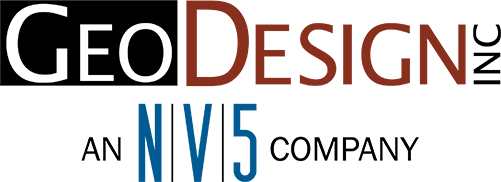Field Q&A: Steve Vandecoevering, Environmental Field Staff
What’s environmental field work really like? We asked Steve Vandecoevering to tell us about his daily work, advice for field staff just starting out, and more:

What do you like most about field work?
I love being out in the elements, especially the cool days of spring and fall, and the opportunity to stay physically active at work. Also, to see a building rise out of the ground is an awesome thing. It’s easy to forget how the seemingly static structures we occupy are actually complex systems.
What does a typical day look like for you?
I stop by the office early to pick up field equipment and coffee, and by 7am, I’m at the jobsite. I meet with the onsite contact, and then begin work. I calibrate my GEM or PID and fill a 5-gallon bucket with everything I need for sampling. Given that we’re in western Oregon, I’ve got my steel-toe rain boots and full rain gear on, and Rite-in-the-Rain paper to take field notes on. In the afternoon, I return to the office and towel off my field notes off before submitting them, then warm up and chat with fellow field staff for a bit before leaving for home.

Do you have a favorite project so far? Why?
I monitor for methane at one of our jobsites quarterly. It takes a few days to complete, and I get to make my own schedule while I’m there. With all the repeat exposure, I have become somewhat of an “expert” for the site.
What do you find most challenging about your job?
The writing… it’s almost like learning a new dialect of English. I’ve been at GeoDesign for almost two years now, and I’m just starting to feel like I’m getting a handle on it.
Most rewarding?
Being involved with a jobsite from start to finish, writing a report for the site that is submitted to DEQ, and having DEQ determine “no further action” at your site.
What advice would you give to someone just starting out in your position?
Get to know the environmental regulations guiding our work. They are a bit dry, but they will help you understand why we are at the job site in the first place, and will help you make better judgments in the field.
